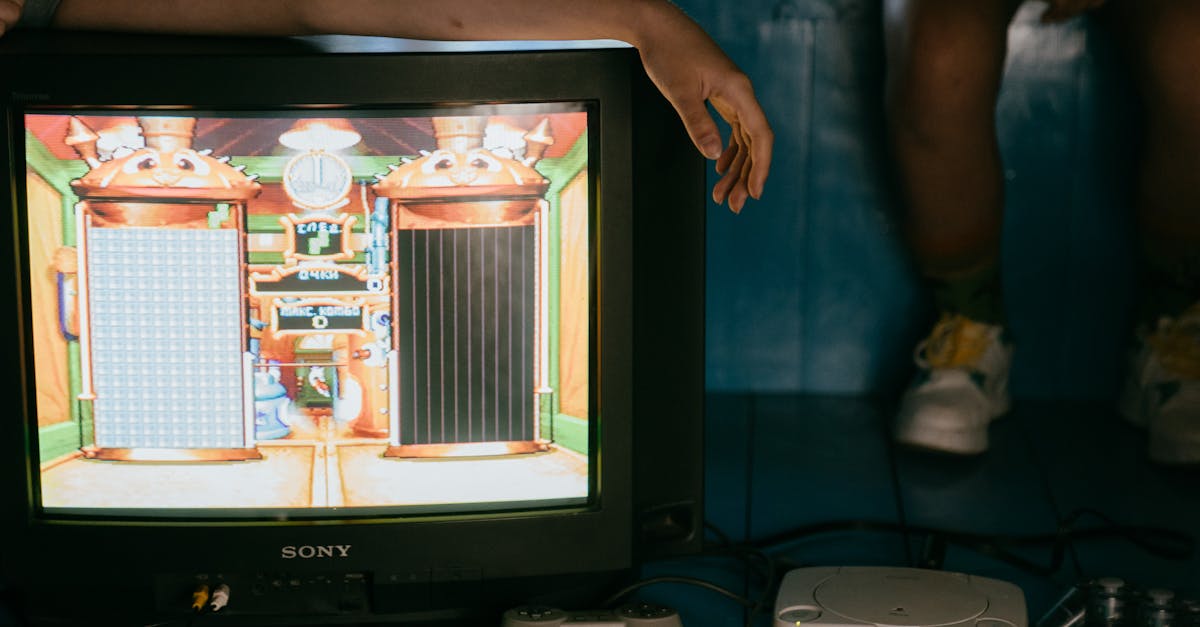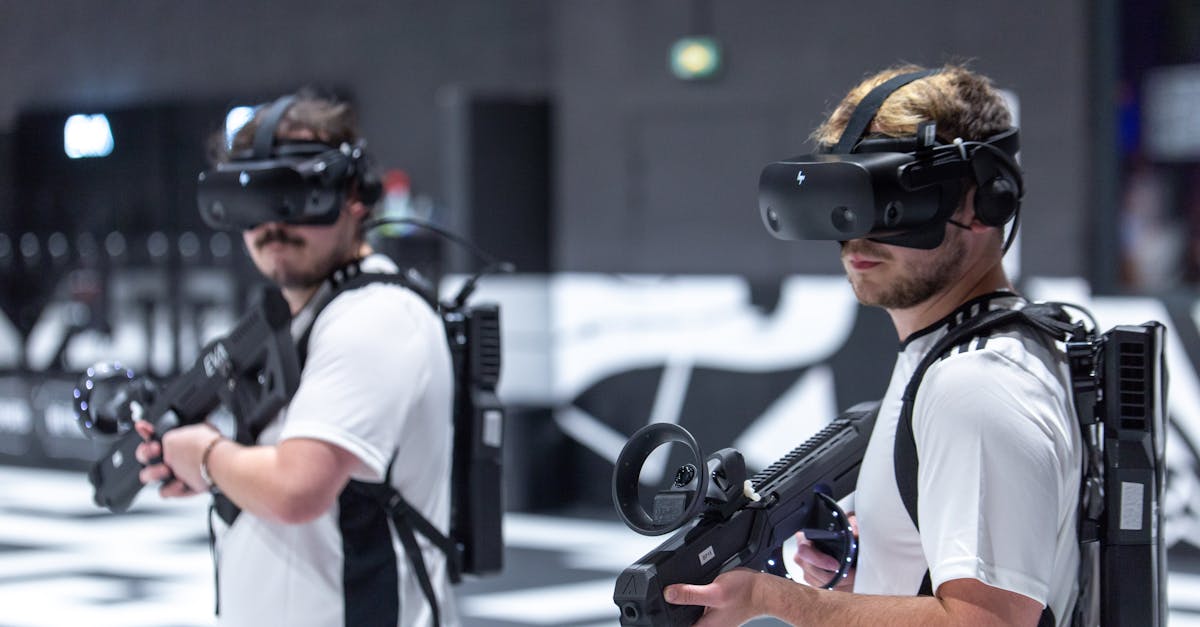The Journey of Video Game Culture to Mainstream
Introduction
Video game culture has rapidly evolved from a specialized hobby to a central element of global entertainment. What once was popular only among niche communities has become a mainstream cultural phenomenon. This transformation mirrors broader changes in technology, the gaming industry, and societal attitudes towards gaming.
Advertisement
Early Days of Video Gaming
The roots of video game culture reach back to the late 20th century, when arcade games like 'Pac-Man' and 'Space Invaders' captured the imaginations of young players. Home gaming consoles, like the Atari 2600, laid the foundation for a budding industry. Yet, during this period, video games were viewed primarily as a pastime for children and young adults.
Advertisement
The Rise of Popular Games
As technology advanced, so too did the complexity and narrative depth of video games. Titles such as 'The Legend of Zelda' and 'Final Fantasy' began to draw in broader audiences, offering immersive experiences that transcended mere entertainment. These popular games started to shape the contours of gaming culture by encouraging players to join growing fan communities.
Advertisement
The Birth of Esports
With the advent of multiplayer gaming on platforms like PC and consoles, the competitive nature of gaming culture flourished. This led to the emergence of esports, where players competed in organized tournaments for recognition and prizes. By the early 2000s, games like StarCraft and Counter-Strike were at the forefront of transforming competitive gaming into a spectator sport.
Advertisement
The Mainstreaming of Video Games
The 2000s and beyond saw video games permeate mainstream media. Gaming trends shifted with blockbuster titles such as 'Grand Theft Auto' and 'Call of Duty,' which captured wide audiences and sparked discussions in pop culture. Celebrities embraced gaming, and popular games became a part of music, films, and even fashion.
Advertisement
Impact of the Internet
The rise of online gaming and platforms like Twitch and YouTube significantly influenced video game culture, allowing gaming influencers to connect with millions. Gamers could now live-stream their experiences, bringing gaming events to viewers worldwide. As a result, the gaming community expanded beyond local boundaries, fostering diverse, inclusive environments.
Advertisement
The Gaming Industry's Growth
With increased demand, the gaming industry flourished, driving advancements in graphics, storytelling, and interactive play. Gaming events like E3 and Gamescom became major showcases for innovation, drawing fans and media attention. Video game history evolved with new genres emerging, catering to every type of player, from casual to hardcore.
Advertisement
Cultural Significance and Acceptance
Today, video game culture offers more than entertainment; it influences societal norms and conversations around gender, diversity, and mental health. The gaming community frequently debates and raises awareness of various issues, showcasing the cultural impact of games. This acceptance reflects the medium's maturation from niche pastimes to serious cultural dialogues.
Advertisement
Future of Video Game Culture
As technology continues to evolve, so will video games' role in entertainment and culture. Virtual and augmented reality promise to change how players engage with games entirely, while new gaming trends continue to emerge. The integration of AI and machine learning hints at deeply personalized gaming experiences, indicating no limits to growth.
Advertisement
Conclusion
The evolution of video game culture from niche beginnings to mainstream prominence is a testament to its powerful influence on pop culture. By embracing technological advancements and shifting societal expectations, this dynamic industry continues to captivate and inspire. As it moves forward, video game culture promises to maintain its integral role in shaping entertainment and social landscapes.
Advertisement


